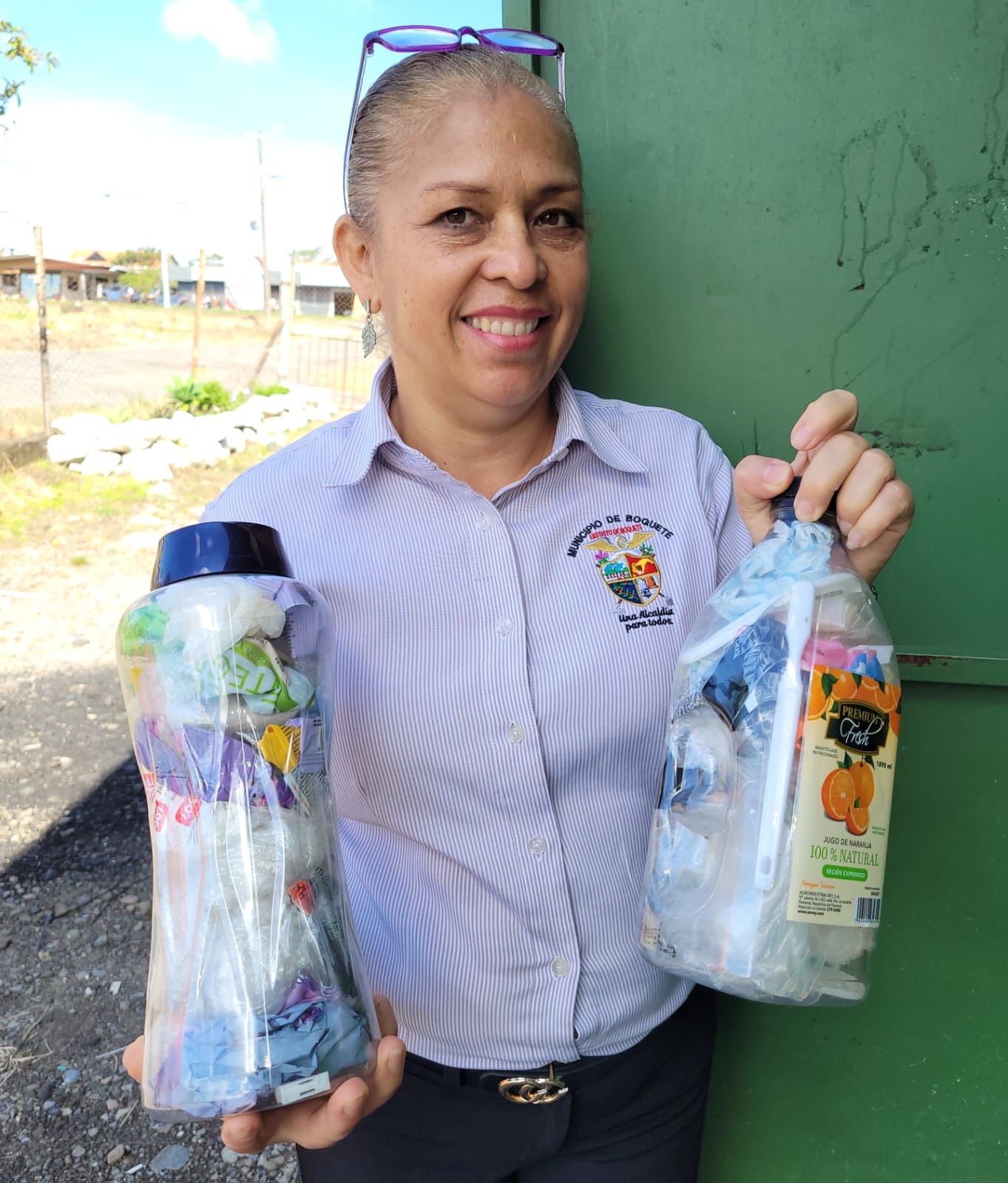Say Goodbye to Smelly Coops: Science-Backed Odor Fixes That Work

There’s nothing quite like grabbing fresh eggs straight from your own backyard. But let’s be honest—no one really warns you about the smell that comes with it. If your coop smells so bad that even the neighbors notice, you’re definitely not alone. Odors tend to build up fast, especially when it’s warm or if you’ve skipped a few clean-ups. The good news? You don’t have to just live with it. Understanding the science behind how smells form and how to stop them can give you a sense of control. Things like airflow, moisture, and bacteria all play a role. Here are some practical ways to keep your coop smelling clean without sacrificing your weekend for it.
Start With the Right Coop Design
Your battle with smells begins with having properly designed chicken coops. Good ventilation matters—a lot. Without it, ammonia builds up, causing your eyes to burn every time you walk in. Select a coop with vents located near the top and on various sides. That way, air can move through it. Also, if the coop’s raised a bit off the ground, it helps drain water better. Some newer designs have floors that slide out. That makes cleaning way easier. And honestly, the easier it is to clean, the less likely you are to avoid doing it. Start with a smart setup, and you’ll already fix half the problem.
Balance Moisture With Dry Bedding
Wet droppings mixed with dirt? That’s how ammonia appears and it smells. You’ve got to keep things dry. Pine shavings or hemp bedding work better than straw. They soak up moisture and break down slowly. Lay it thick on the floor and stir it once or twice a week. That fluffs it up and helps air flow. Hay’s not great here—it gets soggy fast and starts to smell. If the coop smells unusual or feels damp, add more dry material or replace it. It’s a small task, but it keeps the air way fresher.
Clean Little and Often—Not Once in a While
Leaving it all for a weekend scrub? Sounds good, but doesn’t work well. Cleaning a little bit each day works better. Most droppings dry fast and are easy to scrape off. Just five minutes a day—scoop the mess, stir the bedding, and move on. Every couple of weeks, take everything out and clean it thoroughly. Give the surfaces a scrub with a mix of vinegar and water. Allow it to dry thoroughly before adding new bedding. Doing this regularly helps prevent bad smells from accumulating. It’s kind of like brushing your teeth. Small steps now stop big problems later.
Add Natural Odor Neutralizers
Some natural stuff helps with the smell. And the best part? You don’t need to use any strong chemicals. Zeolite, a type of mineral powder, traps ammonia in the bedding. It slows down how fast the smell comes out. Baking soda also works. Just sprinkle a little under the bedding to soak up extra moisture and calm down the odors. You can also add a few herbs. Mint, rosemary, or lavender smells nice and even has antibacterial properties. These tricks don’t just mask the smell—they also help prevent it. They’re cheap, easy, and fit right into your weekly routine.
Think About Using the Deep Litter Method
Daily cleaning isn’t for everyone. Some people just don’t have the time or energy. That’s where the deep litter method comes in. It’s pretty simple. You let the bedding and droppings build up, layer by layer. The composting heat keeps smells down and warms the coop in winter. It only works well if your coop has good airflow and stays dry. So it’s best for well-ventilated chicken coops. You stir the bedding now and then, maybe once a week. Do a full clean every few months. It’s low-maintenance and eco-friendly. And honestly, it makes life easier.
What You Feed Them Matters
Your chickens’ diet affects more than just their eggs. It also changes how their waste smells. Cheap feed or giving too many scraps can lead to loose droppings. That usually smells worse. If the feed is too high in protein and not balanced, the ammonia level can increase. So, stick to good-quality feed. Treats should be light, consisting of some grains, leafy greens, or fresh fruits. And don’t forget water. They need clean water all day. It helps their digestion and keeps the waste more solid. Healthier chickens make a less smelly mess. That’s just how it works.
Don’t Skip the Run Area
It’s not just the coop that needs cleaning. The outside run matters, too. Chickens love to scratch and dig. If the ground stays bare, it turns into a muddy, smelly mess in no time. That mess smells like a sponge. Try laying down sand, gravel, or wood chips. It helps with drainage and keeps things dry. Rake it often. Pick up the bigger droppings and toss them out. On hot days, you can hose down the rundown—but don’t forget to let it dry completely afterward. A clean run helps all your other work pay off. It’s part of the job if you want a coop that stays fresh.
Keeping chicken coops fresh doesn’t require fancy equipment or endless hours of work. With the right design, dry bedding, regular habits, and natural tools, you can manage odor like a pro. Smell-free doesn’t have to mean stress-full—just smart. These tips work together to create a cleaner, healthier space for your flock and a more enjoyable experience for you. You’ll breathe easier, your neighbors will thank you, and your chickens will be all the happier.





